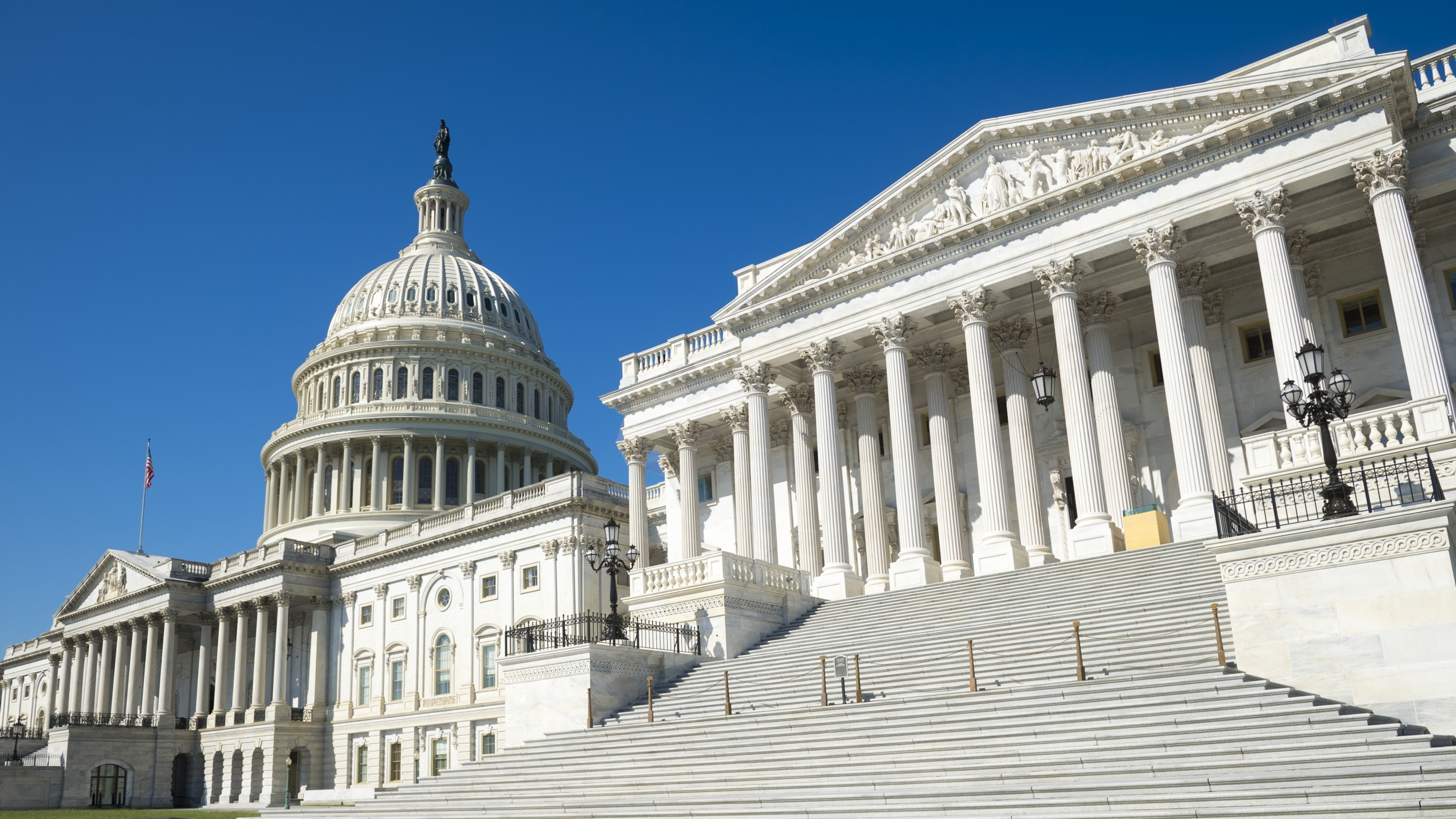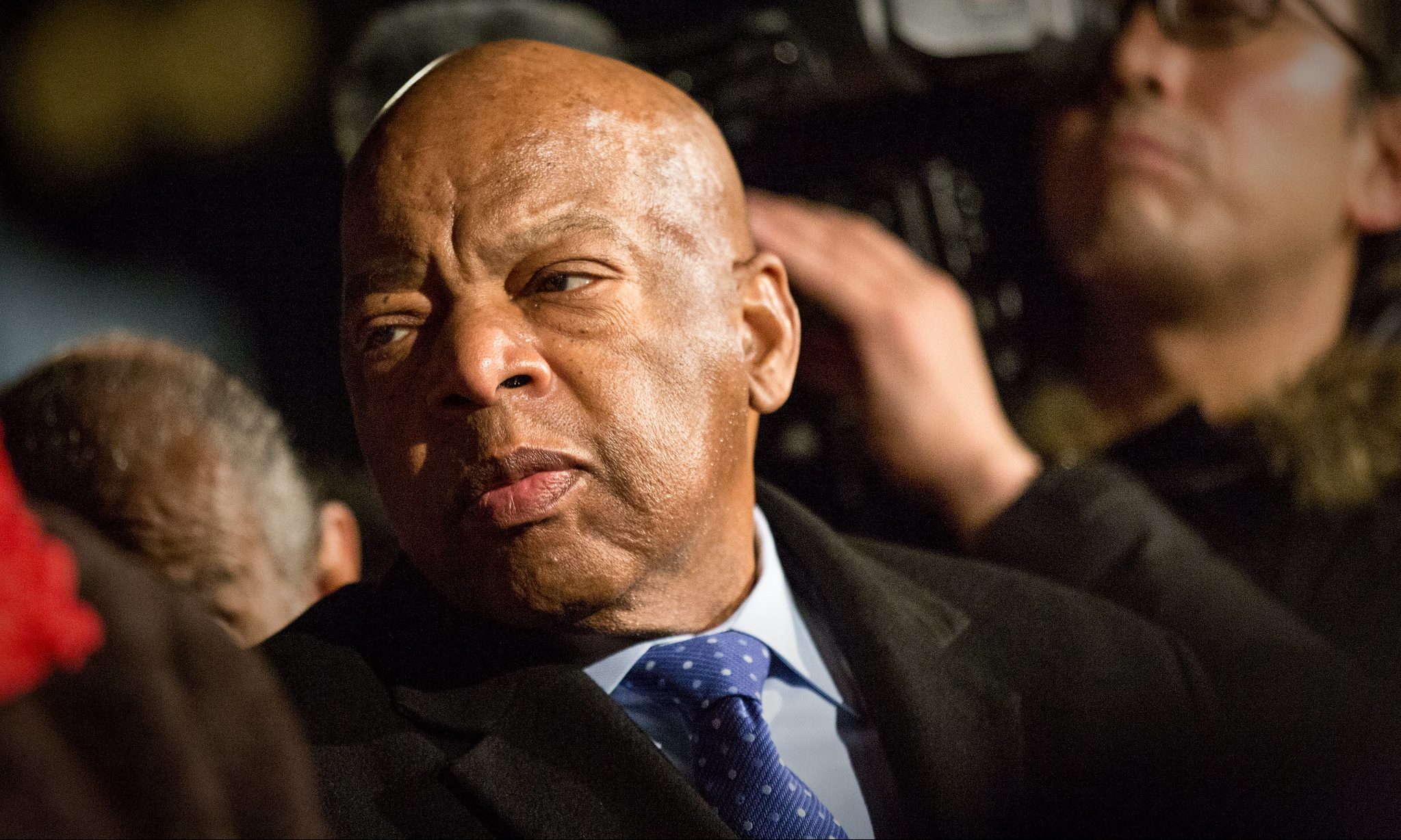The Freedom to Vote: John R. Lewis Act, a newly combined bill comprised of the John Lewis Voting Rights Act and the Freedom to Vote Act, passed the U.S. House of Representatives Thursday, moving now to the U.S. Senate where the looming threat of yet another Republican filibuster, which stymied previous attempts to pass the bill in Washington, hangs over the newly united bill.
The package passed the House 220 to 203 along party lines Thursday. Congresswoman Terri Sewell, D-Alabama, originally sponsored the John Lewis Voting Rights Act.
“It was in my hometown in 1965 on a bridge in Selma, Alabama, where John Lewis and the Foot Soldiers shed blood for the equal right of all Americans to vote,” Sewell said during the bill’s passage in the House Thursday. “Fifty-six years later, old battles have become new again as state legislatures erect direct barriers to the ballot box. 400 bills introduced. Thirty-four passed in nineteen states. Once again, our nation is at an inflection point. Today, the House of Representatives will once again send voting rights over to the Senate and it must pass.”
Sewell further implored her colleagues in the Senate to “do what is right” and mentioned the upcoming Dr. Martin Luther King Day on Monday.
If passed in the Senate, the amalgamated package would require states with a recent history of voter discrimination to receive pre-clearance from the Department of Justice before passing new state and local election laws, as they did before the landmark U.S. Supreme Court decision in Shelby County v. Holder.
The bill also includes provisions carried from the Freedom to Vote Act, which would expand automatic and same-day voter registration, force disclosure of dark money donations to political campaigns, protect elections from foreign interference, and create a fund to support investments in “state-led innovations around campaign finance, civic education and voting infrastructure,” according to Sewell’s office.
In the eight years since Shelby County v. Holder, Sewell has introduced the John Lewis Voting Rights act four separate times.
In November of last year, Democrats in the Senate failed to get the needed 60 votes to circumnavigate a Republican filibuster and invoke cloture, allowing the bill to die on the Senate floor.
Recently, Senate Majority Leader Chuck Schumer, D-New York, vowed to conduct a vote Monday to change Senate rules to eliminate the filibuster and move several pieces of election and voting reform bills, including The Freedom to Vote: John R. Lewis Act, through the Senate. However, Democratic Senators Joe Manchin, D-West Virginia, and Kyrsten Sinema, D-Arizona, have indicated that they do not support changing Senate rules to eliminate the filibuster, all but guaranteeing the slate of Democratic reform bills will fail in the Senate come next week.





















































